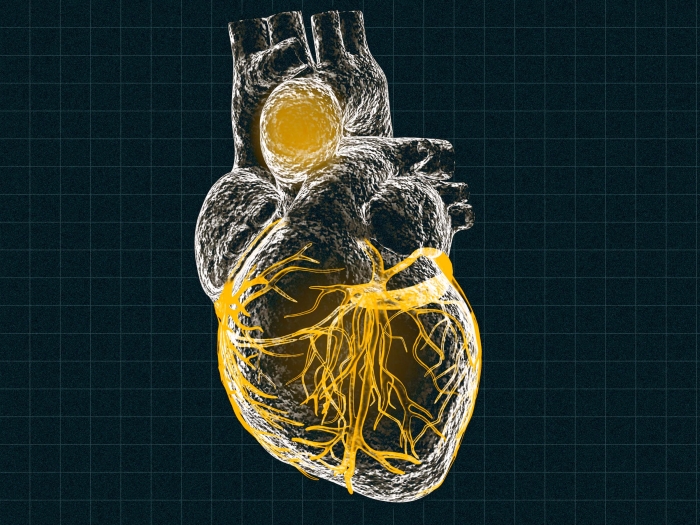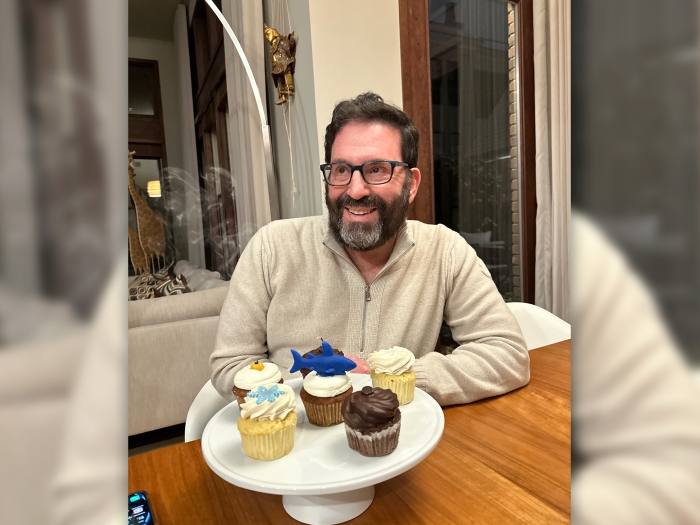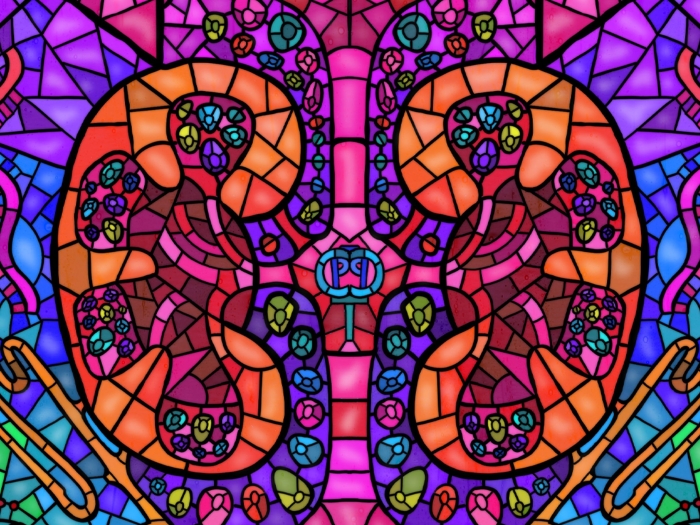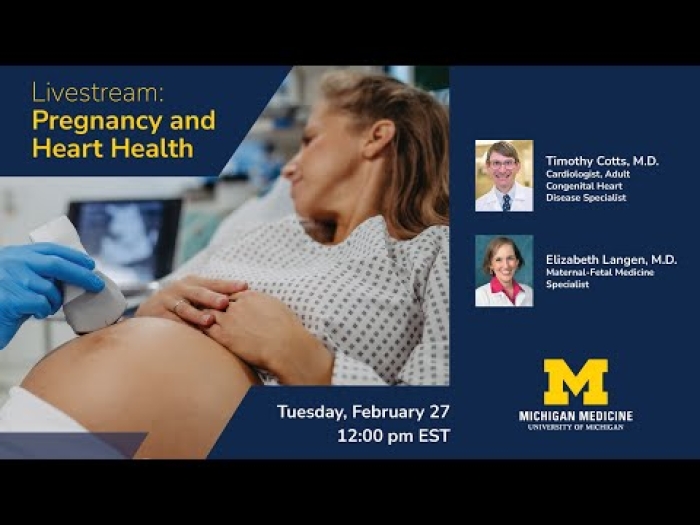Showing 1-15 of 120 results

Health Lab
A team of researchers have spent the past eight years looking at better ways to transport organs for donation, specifically hearts, to improve the number of organs that can be used for transplants. They found that using a modified normothermic perfusion system heart preservation was feasible for up to 24 hours.

Health Lab
The newest version of the heparin reversal drug, described in a recent issue of Advanced Healthcare Materials, adjusted the number of protons bound to it, making the molecule less positive so it would preferentially bind to the highly negative heparin, resulting in a much safer drug.

Health Lab
A melanoma survivor shares facts and tips about preventing all types of skin cancer.

Health Lab
Using human cells in an animal body, a team of researchers has developed a functional model of thoracic aortic aneurysm, creating opportunities for more effective understanding of disease development and treatments for the potentially fatal condition.

Health Lab
The availability of clinical trials of new treatments for cancer varies greatly by geography, and a new study shows more socially vulnerable areas have far fewer.

Health Lab
A patient who has received two heart transplants years apart shares his story and the importance of advocating for organ donation.

The Fundamentals
Today on The Fundamentals is Dr. Maria Castro, the R.C. Schneider collegiate professor of neurosurgery, and a professor of cell and developmental biology at the University of Michigan Medical School. Her research program aims to develop immunotherapies for primary and metastatic brain cancer, studying basic immune biology mechanisms leading to clinical implementation. She has been inducted into the American Association for the Advancement of Sciences, the Latin American Academy of Sciences, and the American Institute for Medical and Biological Engineering College of Fellows. She has won numerous awards for her contributions to basic science and cancer research and is a diversity ambassador for the Cancer Biology Graduate Training Program.
You can learn more about Dr. Castro here, and you can follow her @castro2355_mg, the Rogel Cancer Center @UMRogelCancer, the department of neurosurgery @umichneuro, Michigan Neurscience Institute @UM_MNI and the department of cell and developmental biology @UMCDB on X

Health Lab
A study led by University of Michigan Health Rogel Cancer Center researchers identifies novel biomarkers in renal cell carcinomas.

Health Lab
Experts discuss pregnancy and heart health.

Health Lab
Experts in brain cancer outline current discoveries and offer a path of hope for glioblastoma treatment

Health Lab
A new urine-based test addresses a major problem in prostate cancer: how to separate the slow growing form of the disease unlikely to cause harm from more aggressive cancer that needs immediate treatment.

Health Lab Podcast
Complications during procedures only contributed to death in about 20% of cases.

Health Lab
At-home test can detect tumor DNA fragments in urine samples, providing a non-invasive alternative to traditional blood-based biomarker tests

Health Lab
Most people with risk factors for cardiovascular disease – what are sometimes called the Essential Eight – are managed by primary care clinics, or haven’t seen any provider recently

Health Lab
Around 10% of all deaths following percutaneous coronary intervention are potentially preventable, a study led by Michigan Medicine finds.